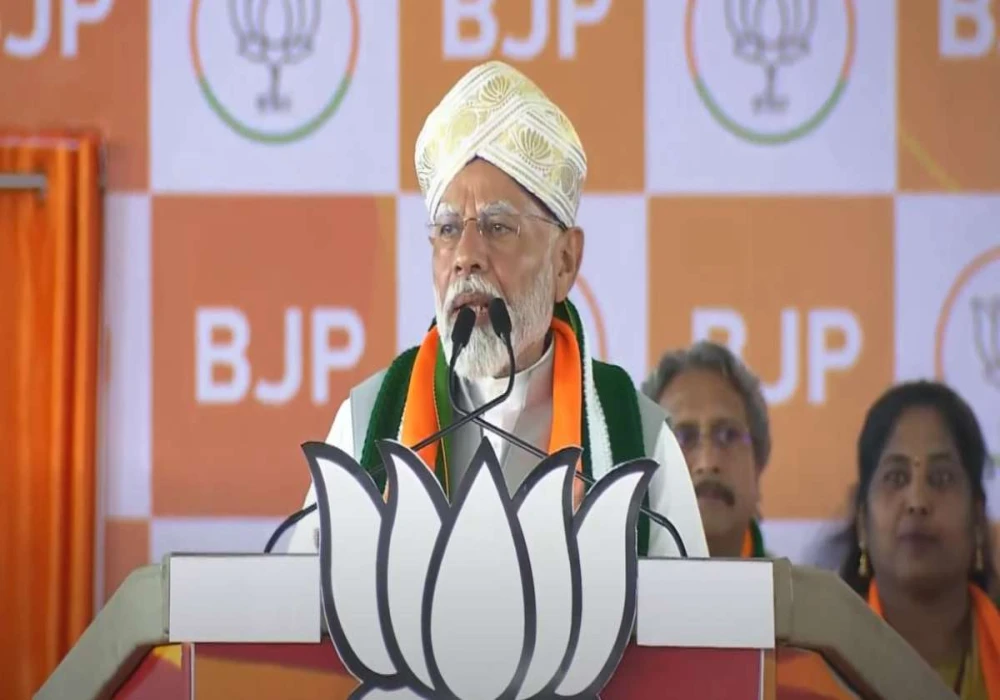
Narendra Modi has been inaugurated as India's prime minister for the third time in a lavish ceremony at the presidential palace in Delhi.
The Bharatiya Janata Party leader pledged to serve all citizens impartially during his oath.
Modi's BJP-led National Democratic Alliance secured 293 seats in the general election, which was lower than the exit poll predictions.
India's opposition made significant gains, securing 234 seats in the election.
Thousands attended the inauguration, including leaders from Bangladesh, Nepal, Sri Lanka, and the Maldives, but not from Pakistan or China.
Delhi had stringent security measures, including a no-fly zone and over 2,500 police officers at the event.
President Draupadi Murmu swore in Modi, who vowed to uphold India's sovereignty and constitution.
A new council of ministers was also sworn in during the ceremony.
At 73, Modi is the second Indian leader after Jawaharlal Nehru to win three consecutive terms.
Despite exit polls forecasting a decisive victory, the BJP lost its parliamentary majority, relying on the Telugu Desam Party and Janata Dal (United) to secure the necessary 272 seats to form a government.
On Friday, Modi was elected as the leader of the Lok Sabha, BJP parliamentary party, and the NDA.
The specifics of the concessions to allies for their support remain unclear, though Indian media suggest some are seeking key ministerial positions.
The opposition INDIA alliance, led by the Congress party, described the election as a mandate against Modi's government.
In response, Modi asserted that his party had not lost and thanked voters, pledging to fight corruption and poverty.
He emphasized that empowering the poor and middle class is a priority.
During the campaign, Modi and his party faced criticism for hate speech, targeting the Muslim minority, and jailing opposition members.
On Friday, Modi reaffirmed the NDA's commitment to religious equality.
The INDIA alliance committed to holding the government accountable and protecting the constitution in parliament.

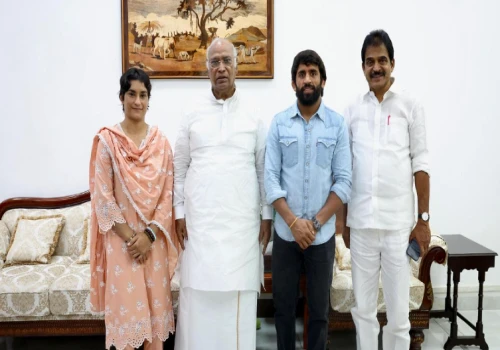
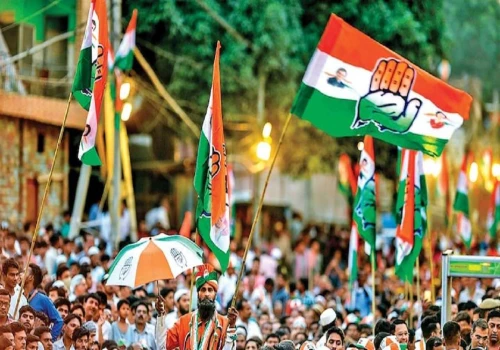
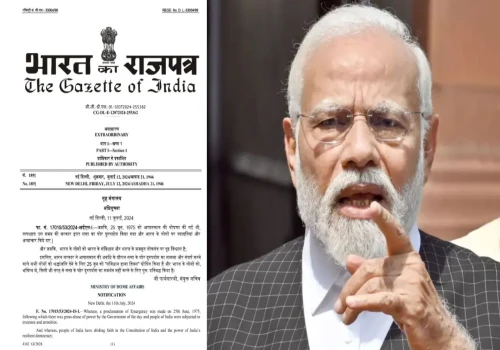
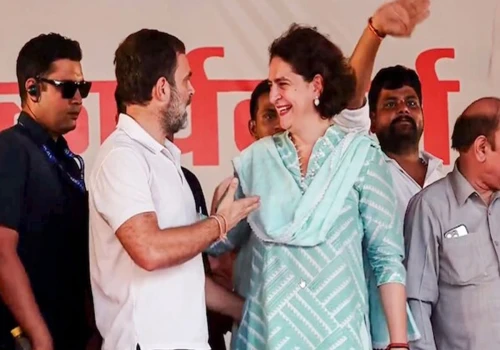
_500_x_350.webp)